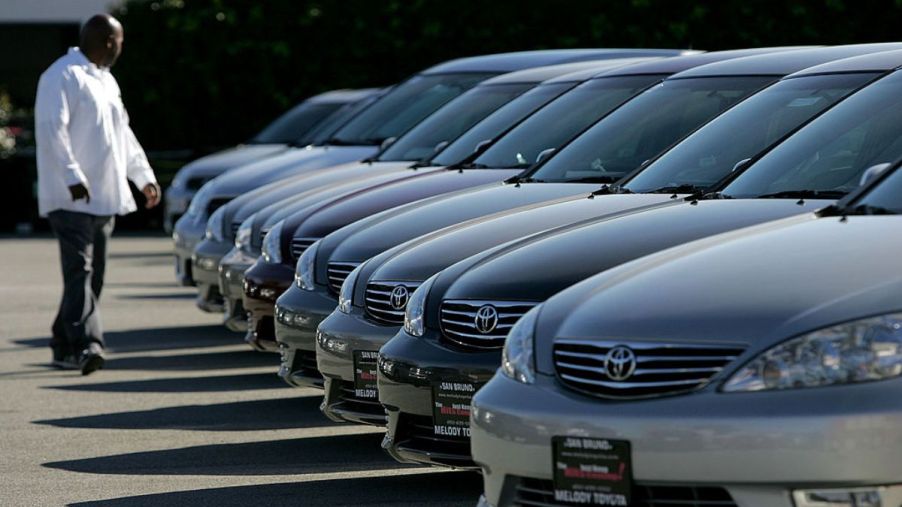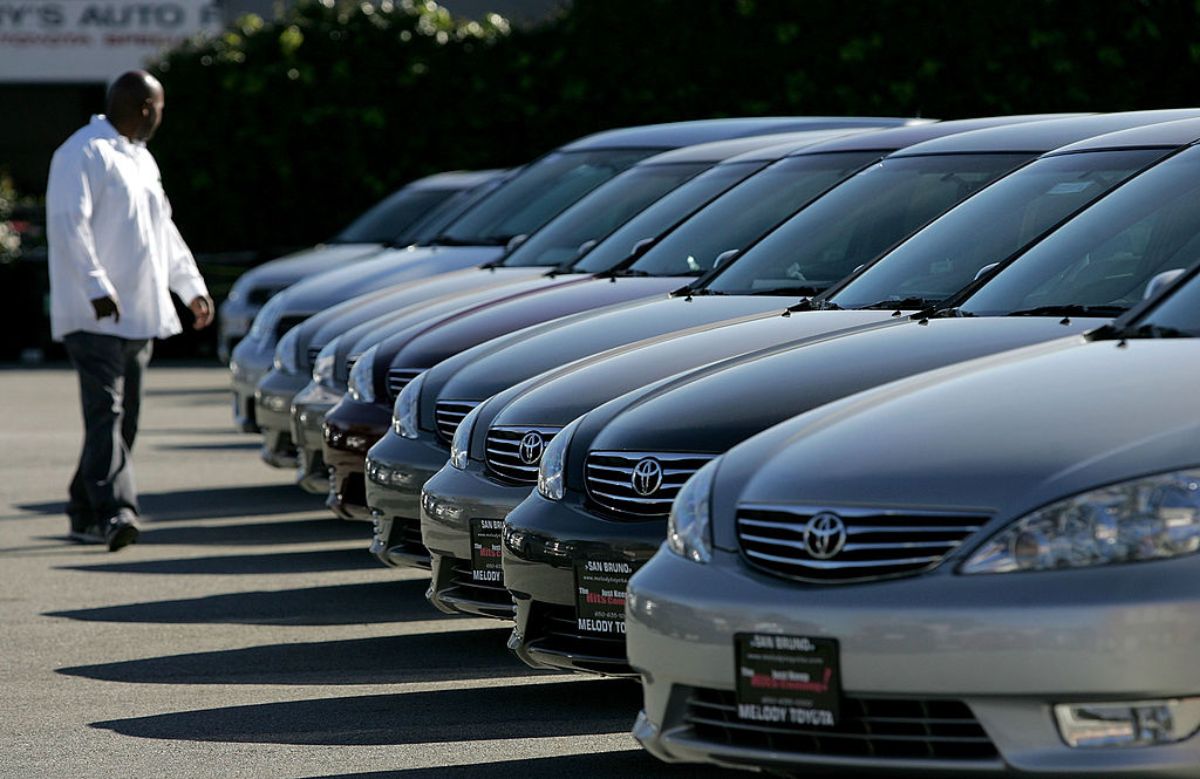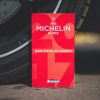
Car Shoppers Are Adapting to Rising Costs by Going the CPO Route
The supply chain issues automakers experienced in recent years and an uncertain economy led many car buyers to the pre-owned car market. Although the supply chain is recovering and new car availability returns to normal, soaring prices leave many shoppers exploring pre-owned options. Some automakers responded to the trend by expanding Certified Pre-Owned (CPO) car programs to include older models and offer extended financing options.

The rising cost of new cars
Kelley Blue Book (KBB) reports that the average new car in January 2023 costs $49,388. That’s an increase of 5.9% from a year ago and almost 30% over the last three years. Considering that luxury vehicles made up 20% of January 2023 automobile sales, the average for non-luxury vehicles adjusts to $45,344.
Tesla’s price reductions from December 2022 to January 2023 lowered the average electric vehicle (EV) cost by 5.4%. But overall, EVs are still higher than the average new car at $58,725.
Are more people opting for certified pre-owned cars?
The rising cost new cars led many shoppers to explore pre-owned car options. According to Cox Automotive, KBB’s parent company, January 2023 saw 1.5 million pre-owned car sales and 19.0 million sales over the preceding 12-month period. For comparison, some estimates have 1.1 million new car sales occurring in January 2023 and 16 million over the same 12-month period.
While January typically sees fewer pre-owned car sales in general, 2023 January pre-owned sales dropped 7.5% compared to 2022. The exception comes from the certified pre-owned or CPO car sales segment. This segment saw a 21.5% increase in January 2023 over the preceding January, with 202,074 CPO units sold.
However, Cox Automotive predicts a decline in CPO sales in 2023 due to a “limited availability of CPO units.”
Cox Automotive says that “among the large manufacturers, Toyota had the highest CPO sales volume in January,” followed by Honda, Hyundai, and Ford. Interestingly, KBB reports that Toyota also has the fewest new cars on dealer lots, with under a 30-day supply, and Honda and Hyundai supplies fell below the national average. However, Ford’s CPO sales volume likely benefited from its expanded CPO programs and financing rather than a scarcity of new models on dealer lots.
What are the benefits of a CPO car?
Everyone knows that getting a used car comes with certain risks. There are some tools help identify previously wrecked vehicles. However, there’s no substitute for having a qualified mechanic inspect a pre-owned vehicle before you hand over your hard-earned cash and sign the contract. A CPO car goes through that inspection process, protecting both you and the finance company.
The CPO process benefits the potential owner in two ways. First, it ensures no identifiable problems lurk beneath the vehicle’s shiny exterior.
Second, automobile finance companies trust CPO cars to last longer, so they offer lower interest rates and longer-term loan options compared to other pre-owned vehicles.



